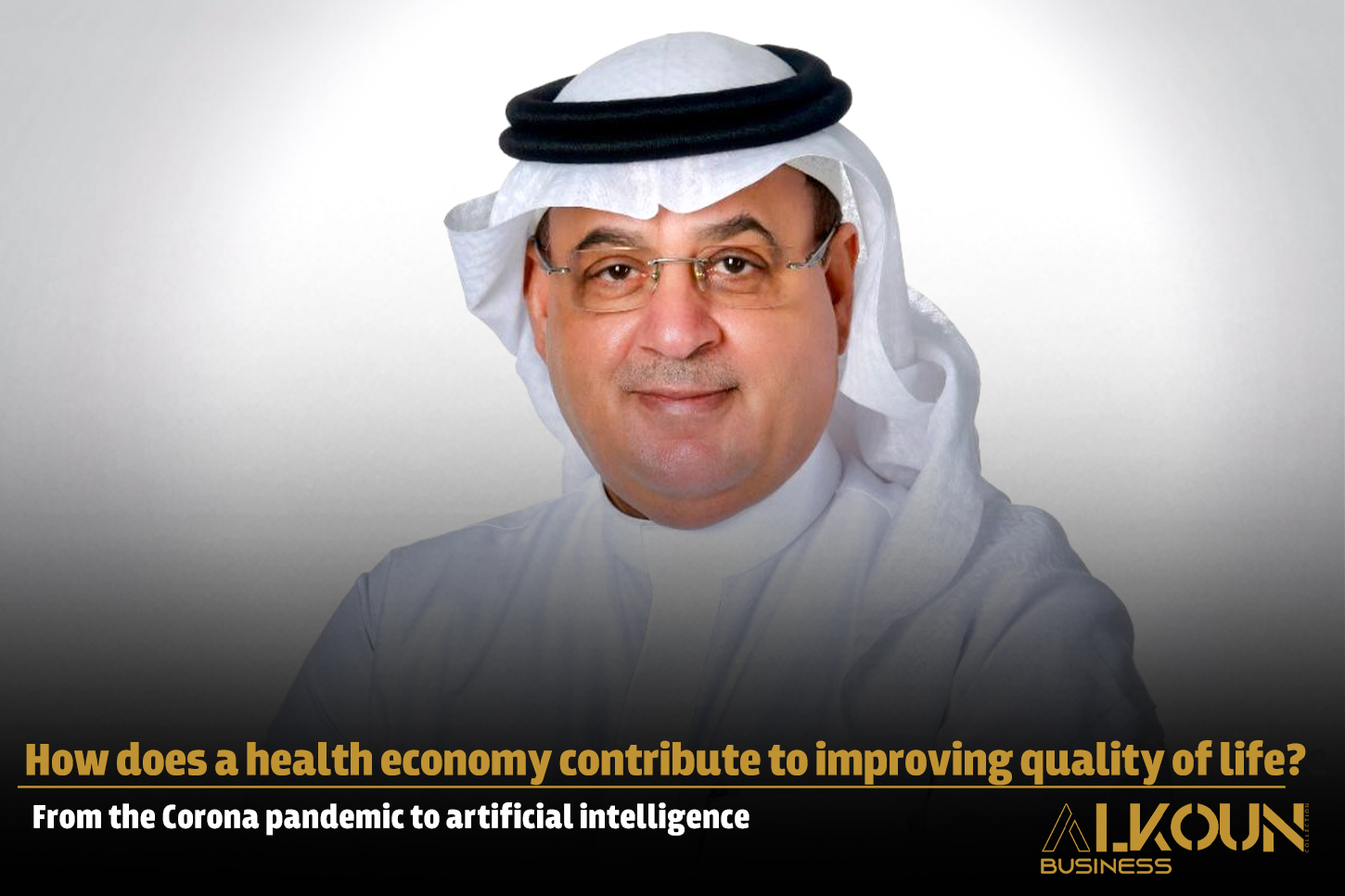By: Atif Ali AlAswad
Specialist in Health Economics – University of Sheffield, United Kingdom
Health economics is considered one of the most vital branches of modern economics, directly impacting the lives of individuals and communities. This discipline focuses on how to efficiently allocate health resources to achieve the best possible health outcomes. It encompasses the provision of healthcare services, disease prevention, and the enhancement of quality of life—all of which positively reflect on individuals and society as a whole.
Enhancing Quality of Life and Economic Growth
Health economics contributes to improving individuals’ quality of life by ensuring access to affordable and effective healthcare. When people enjoy good health, they are more capable of working, producing, and engaging in community life, which in turn boosts workforce productivity and supports economic growth. Moreover, emphasizing preventive care and early intervention helps reduce the long-term costs associated with chronic disease treatment.
The Saudi Experience: Toward a More Efficient Healthcare System
In the Kingdom of Saudi Arabia, health economics has become a fundamental pillar in the development of the national healthcare system. Government initiatives have played a crucial role in enhancing access to health services for all citizens and residents, focusing on improving care quality and promoting sustainability. Investment in public awareness and preventive practices has helped ease the burden on hospitals and control disease spread, presenting a successful model in balancing health and economic priorities.
Global Dimensions of Health Economics
The scope of health economics extends beyond national borders to encompass the global health system. It serves as a key analytical tool to examine healthcare costs, resource distribution, and system financing. Health funding models vary from one country to another—some rely on public funding through taxation, while others depend on private health insurance—raising complex issues related to equity and service efficiency.
Toward Global Health Equity
Global health economics plays a vital role in promoting health equity by ensuring equal access to healthcare across different regions, particularly in developing countries or areas with weak health infrastructure. These efforts are crucial in responding to global health transitions, such as the rise in chronic diseases (e.g., heart disease and cancer) and the re-emergence of infectious diseases, which impose significant financial and institutional burdens on healthcare systems.
Pandemics and Economic Impact
The COVID-19 pandemic clearly demonstrated the deep interconnection between health and the economy. The precautionary measures taken during the crisis led to the suspension of many economic activities, highlighting the urgent need for resilient health systems capable of adapting to emergencies. It has become essential to assess the economic impact of health policies and develop proactive strategies to address future pandemics.
Innovation and Technology in Health
The world is witnessing a remarkable transformation in health technologies—from digital medicine and artificial intelligence to advanced treatments for complex diseases. These innovations have enhanced healthcare efficiency, expanded treatment coverage, and improved health outcomes at both individual and community levels.
Saudi Vision and Strategic Health Policies
Under the leadership of the Custodian of the Two Holy Mosques and His Royal Highness the Crown Prince, the Kingdom of Saudi Arabia has adopted strategic policies to support health economics. These policies are informed by international standards and the expertise of global health organizations. This strategic vision aims to strike a balance between improving population health and fostering economic development, in alignment with the global health challenges of our time.
Conclusion
Health economics is not merely an academic discipline or research field—it is a strategic tool for improving individuals’ lives and building more stable and prosperous societies. Through balanced policies and sustainable investment, countries can achieve their health and economic goals simultaneously.

































